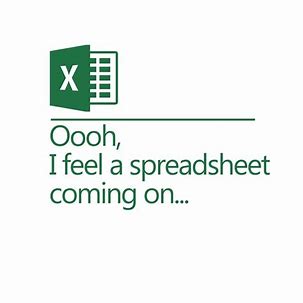
Did you know, the Local Government Act 2009 requires councillors to be financially literate? Queensland Government’s information for councillors contains the following:
“Under the Local Government Act 2009 (the Act), councils are expected to be accountable, effective, efficient and sustainable. As leaders of your council, you will ultimately be responsible for the financial sustainability of your council. A council that is not financially sustainable will struggle to provide essential services to the community.”
You can read more about that here:
Financial literacy | State Development and Infrastructure
I started my career as a Chartered Accountant in 1997 and worked in two of the top consulting firms until I switched to commerce in 2009. My background is in mergers and acquisitions, business valuations, cashflow forecasting, budgeting and modelling, working for Caltex, Qantas and Fairfax. For the last ten or so years I’ve worked for the accounting professional body (CA ANZ) in education – teaching and designing courses in management accounting, ethics, and financial modelling (using spreadsheets).
So how does that relate to council?
Each month, councillors receive financial and operational reports prepared by council staff, and use them to make strategic decisions. They are also expected to review numerous development applications, project proposals, grant applications, and other documents that will be used to decide where ratepayers money is spent, and how much needs to be collected from ratepayers to cover future expenses. With this volume of financial data and reports, it’s really important that councillors can quickly absorb and analyse information in order to ask meaningful questions, look for gaps, inconsistencies, potential errors or over-optimistic assumptions. Cashflow models are then developed to phase the timing of income and expenditure to make sure council remains solvent, and is able to fund priority services and projects without over-burdening ratepayers.
In my experience in due diligence, analysis and reporting, my focus is also on making the figures tell a story, and that’s what I’ve always taught my students too. The figures on their own are meaningless without the reality of actions, people and performance. For example if a business owner puts a 20% increase in their revenue budget, I ask “How will you get that, will you increase volume of customers, or put up prices? If volume, how will you attract new customers, and who is going to do the work – marketing, customer service etc? How will you find staff, and what will you pay them?”
This helps to work out whether the target is reasonable and has been thought through strategically, rather than just a hope or a dream. It also makes sure the cost to generate that income has been considered, and whether the increased revenue makes the desired profit.
When it comes to council, councillors are the guardians of ratepayer funds. Projects and programs need to be fully costed, all risks and contingencies considered. Once financial viability is established, councillors must decide whether the expenditure is in the best interests of the community, and where the project should be ranked against other worthy projects in order to prioritise spend.
So, when it comes to selecting six councillors and a mayor to represent you, think carefully. Who do you trust to spend ratepayers’ money wisely?

